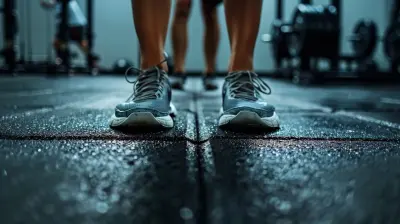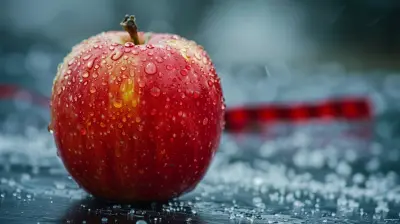The Role of Water in Maximizing Intermittent Fasting Benefits
20 November 2025
Intermittent fasting? Yeah, it's everywhere right now — from your favorite wellness influencer's Instagram stories to health magazines at checkout counters. If you've jumped on the IF train (or you're planning to), you probably already know about the potential benefits: weight loss, better energy, mental clarity, and even longevity. But there's one crucial piece of the puzzle that often gets overlooked — water.
Sounds too simple, right? But trust me, water is huge when it comes to getting the most out of intermittent fasting. In fact, I'd argue it’s the unsung hero of your fasting routine. So, grab your glass of H2O (seriously, do it), and let’s talk about how water fuels your fasting success.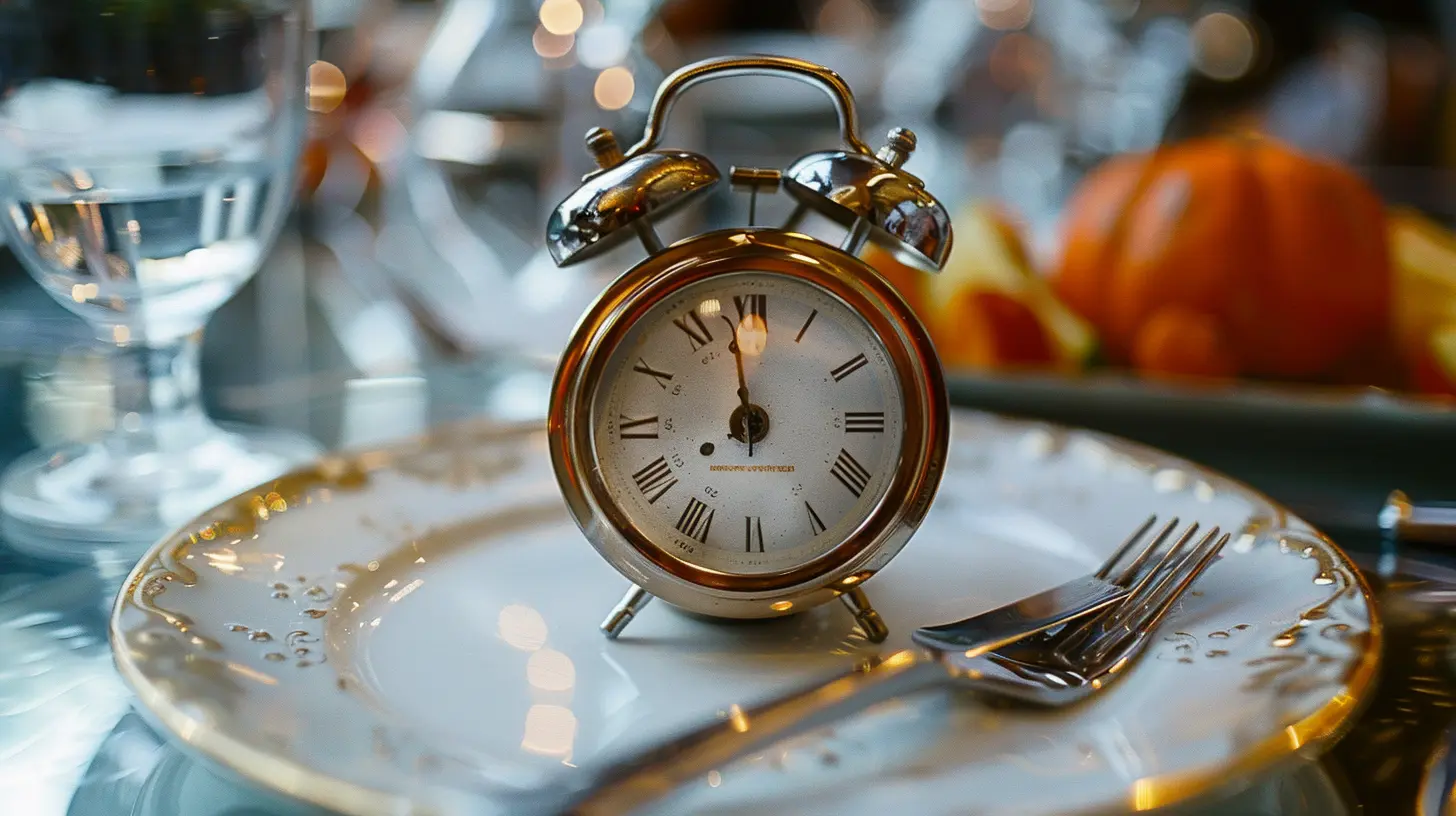
Why Water Is More Than Just a Thirst-Quencher
We often think of water as basic — it doesn’t have caffeine, flavor, or calories. But that’s exactly why it becomes essential during fasting. No calories mean it won’t break your fast, and no sugars or additives mean it's 100% safe to sip on all day.Here's the thing: when you’re fasting, your body isn’t just sitting idle. It’s doing a full-on reboot — detoxing, burning fat, repairing cells, and more. And guess what facilitates these processes? Yep, water.
Think of your body like a car engine. Fasting is like changing the oil, and water is the fuel that keeps the engine running smoothly while you're making that switch. Skip the water, and you’re running on empty.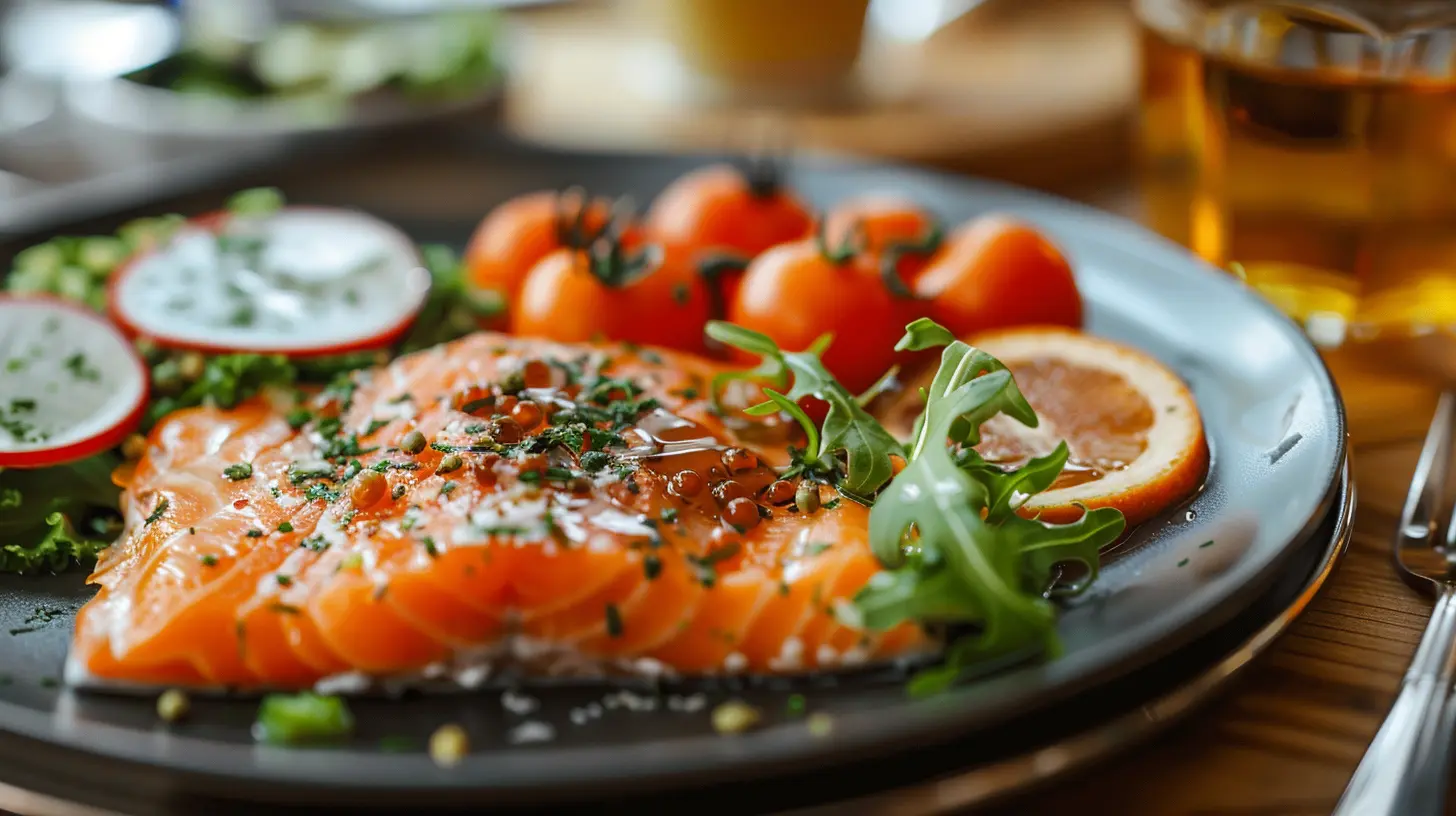
Hydration During Fasting: What Really Happens?
When you’re not eating, you’re also not getting water from food — and believe it or not, food contributes about 20-30% of your daily hydration. So, during a fast, there’s a good chance you’ll start to dehydrate faster than you think.Here’s what can go down if you don’t hydrate properly while fasting:
- Headaches
- Fatigue
- Dizziness
- Constipation
- Bad breath (yep, "keto breath" can partly come from dehydration)
None of that sounds fun, right? And worse, it can make you break your fast early or feel like intermittent fasting isn’t working for you. But a tall glass of water can fix most of those issues almost instantly.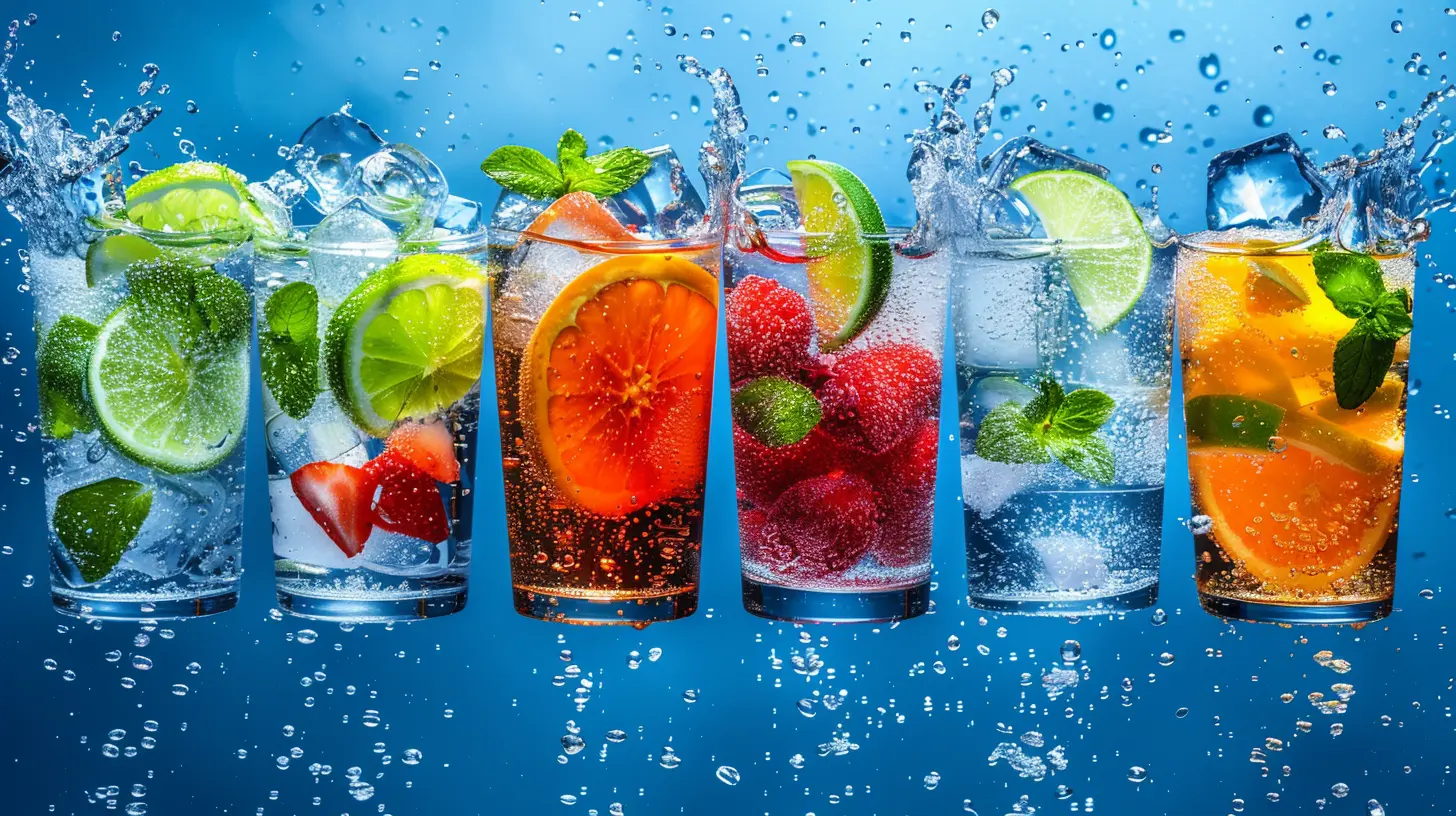
Water and Fat Burning: What’s the Connection?
Intermittent fasting's biggest draw for many is fat burning. So, let’s get into the juicy bit — how water actually helps torch that fat.Your body needs water to metabolize stored fat. The process is called lipolysis, and in simple terms, fat cells get broken down into glycerol and free fatty acids, which your body uses for energy. But without enough water, this process slows down. So, if you're not hydrating while fasting, you’re missing out on peak fat-burning potential.
Plus, water naturally suppresses appetite. It’s a sneaky little hunger-fighter. Sometimes when you think you’re starving at hour 14 of your fast? Your body's just thirsty. Try drinking a glass of water and waiting 10-15 minutes — odds are those cravings will back off.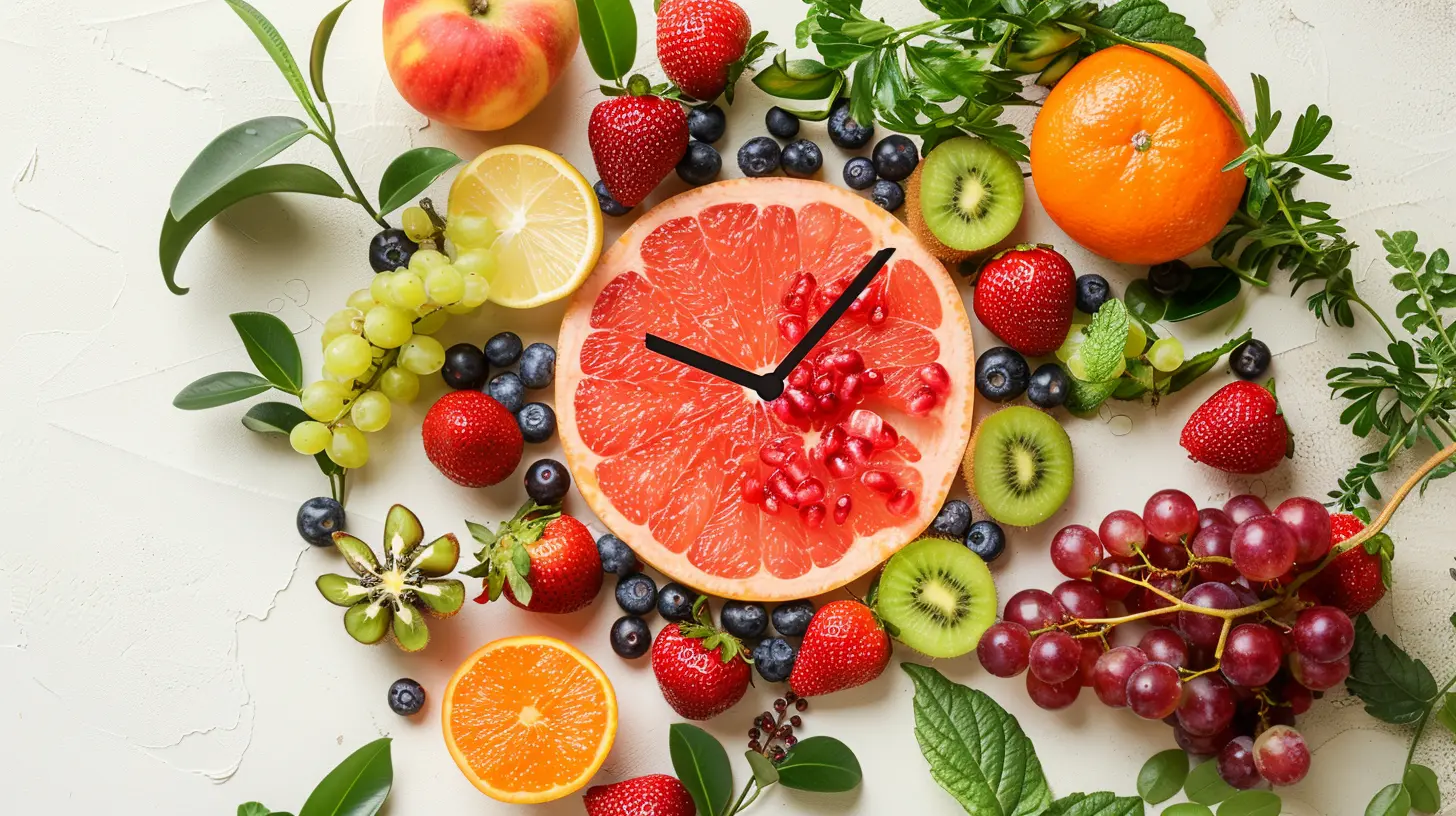
Detox and Autophagy: Water’s Silent Superpower
Fasting isn't just about losing weight. One of the behind-the-scenes benefits is something called autophagy — your body’s internal deep-cleaning system. It literally means “self-eating,” and it’s your body’s way of breaking down old, dysfunctional cells and recycling the parts.Water plays a huge role in this cellular detox. Think of it like water flushing out the garbage your body breaks down during autophagy. Without enough water, those toxins hang around longer than they should, making you feel sluggish instead of energized.
So yeah, if you're in it for the cellular reset and long-term health perks, water's your best buddy.
Electrolytes: The Missing Piece in Your Water Game
Ever chugged tons of water and still felt kinda “off?” That’s because water alone isn’t always enough — electrolytes matter too.When you fast and drink more water, your kidneys flush out sodium and other electrolytes faster. That can leave you feeling weak or foggy-headed. So, adding a pinch of high-quality sea salt to your water or sipping on homemade electrolyte drinks (sugar-free, of course) can keep things balanced.
Here’s a simple DIY electrolyte mix that won’t break your fast:
- 1 glass of water (12–16 oz)
- A pinch of natural sea salt (Himalayan is great)
- A splash of lemon juice (optional)
- A sprinkle of potassium chloride (if you have it on hand)
This mix helps you stay hydrated, keeps headaches at bay, and supports muscle function — all while keeping your fast intact.
How Much Water Should You Actually Drink While Fasting?
Now you’re probably wondering: “Okay, how much water is enough during intermittent fasting?”While there’s no one-size-fits-all, here’s a solid guideline to shoot for:
- Men: 3 to 4 liters a day (about 13–17 cups)
- Women: 2.5 to 3.5 liters a day (about 10–14 cups)
If you’re active or live in a warm climate? You’ll definitely need more.
Pro Tip: Spread it out throughout the day. Don’t wait until you’re parched — by then, dehydration's already started. Keep a water bottle nearby and make sipping a habit.
Best Types of Water to Drink During a Fast
Not all water is created equal. Seriously. There are a few options, and each has its perks.1. Plain Filtered Water
Your go-to. Simple, clean, and easy on the body. No risk of breaking a fast here.2. Mineral Water
Packed with natural electrolytes. Great for replenishing lost minerals during longer fasts.3. Sparkling Water
Keeps things interesting when you’re bored of still water. Just watch out for added flavors that sneak in calories or sweeteners.4. Infused Water (Herbs & Citrus)
Throw in a few slices of lemon, cucumber, or mint. Adds a subtle flavor without calories. Just don’t go overboard.Water-Drinking Tips to Supercharge Your Fast
Let’s round this out with some practical hacks. Because hey, water may be simple, but doing it right makes a big difference.Start Your Day With Water
Before coffee, before checking your phone — drink 2 big glasses of water. It kickstarts your metabolism and rehydrates after hours of sleep.Drink Before Meals
If your intermittent fasting schedule includes eating windows, drink a glass of water 20 minutes before meals. It helps with portion control and digestion.Set Reminders
Use your phone, a water-tracking app, or even sticky notes on your fridge. You’d be amazed how often we forget to drink.Listen to Your Body
Dry lips? Headache? Low energy? Your body’s sounding the dehydration alarm. Don’t wait — hydrate.Common Myths About Water and Fasting
Let’s bust a few myths while we’re at it, just to clear the air.❌ Myth 1: Drinking Too Much Water Will Break Your Fast
Nope. Pure water has no calories, so it’s totally safe.
❌ Myth 2: You Only Need Water During Eating Periods
Big mistake. Your body is working overtime during fasting hours. That’s when water is most important.
❌ Myth 3: You’ll Be Fine Without Adjusting Electrolytes
You might for a short fast. But if you're doing 16+ hours or OMAD? You’re gonna want those minerals.
Final Thoughts
Intermittent fasting can be a game-changer for your health, but only if you're supporting it the right way — and water is key. It's not just about "not eating;" it's about giving your body what it needs to thrive during the reset.Think of water as your fasting wingman — it keeps you energized, clears the brain fog, supports fat burning, and helps your body detox like a champ. So next time you’re feeling off mid-fast? Reach for water before anything else.
Cheers to H2O — simple, powerful, and totally underrated.
all images in this post were generated using AI tools
Category:
Intermittent FastingAuthor:

Laurie Barlow
Discussion
rate this article
1 comments
Idris Simmons
Hydration boosts fasting success!
December 1, 2025 at 5:56 AM
